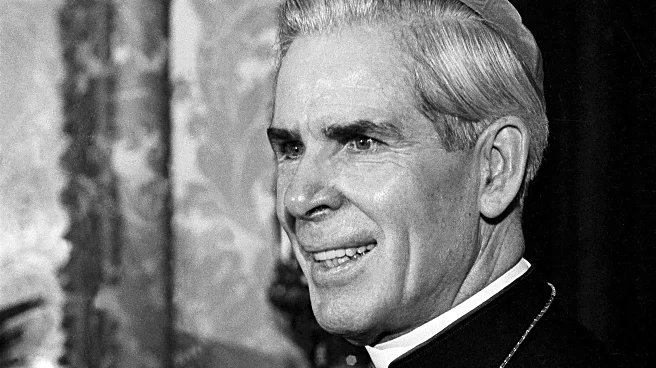What's Happening?
London's High Court has found mining company BHP liable for the 2015 dam collapse in Mariana, Brazil, which is considered the country's worst environmental disaster. The collapse resulted in the deaths
of 19 people, widespread pollution, and the destruction of hundreds of homes. The civil lawsuit, representing over 600,000 individuals, local governments, and businesses, is valued at up to £36 billion ($48 billion). BHP plans to appeal the ruling, arguing that many claimants have already received compensation in Brazil. The dam was owned by Samarco, a joint venture between BHP and Vale, and was used to store waste from iron ore mining. The disaster unleashed millions of cubic meters of toxic waste, devastating communities and poisoning the river.
Why It's Important?
The ruling has significant implications for BHP, as it could lead to substantial financial liabilities and affect its operations. The decision underscores the accountability of multinational corporations for environmental disasters, even when they occur outside their home countries. This case highlights the complexities of international law and the challenges in seeking justice for affected communities. The outcome may influence future legal strategies for similar cases, encouraging more claimants to pursue litigation in jurisdictions where companies are headquartered. The ruling also raises questions about the adequacy of compensation and the effectiveness of existing reparations programs in Brazil.
What's Next?
BHP is expected to appeal the High Court's decision, which could prolong the legal battle and delay compensation for victims. The appeal process may involve further scrutiny of the company's practices and the adequacy of its compensation efforts. Meanwhile, the Renova Foundation, established by BHP and Vale, continues to offer compensation to victims, either through cash payments or relocation to new communities. The ongoing legal proceedings may impact BHP's reputation and its relationships with stakeholders, including investors and local communities. Additionally, the case may prompt other affected parties to seek legal recourse in international courts.
Beyond the Headlines
The case highlights ethical concerns regarding the treatment of vulnerable communities and the responsibilities of corporations in addressing environmental harm. The allegations against Pogust Goodhead, the law firm representing the claimants, suggest potential exploitation of affected individuals, raising questions about the integrity of legal representation in such cases. The situation also reflects broader issues of environmental justice and the need for robust mechanisms to hold corporations accountable for their actions globally. The long-term impact of the disaster on the environment and local communities remains a critical concern, emphasizing the importance of sustainable practices in the mining industry.










